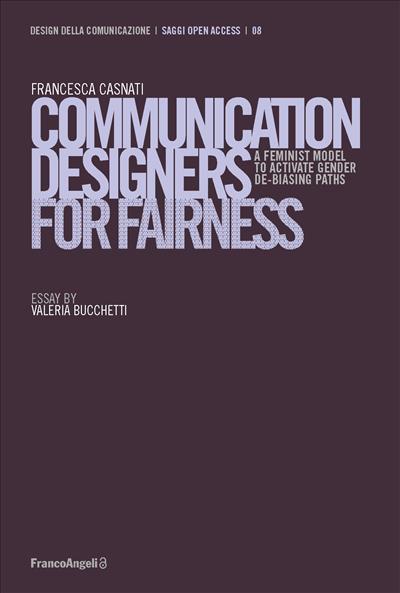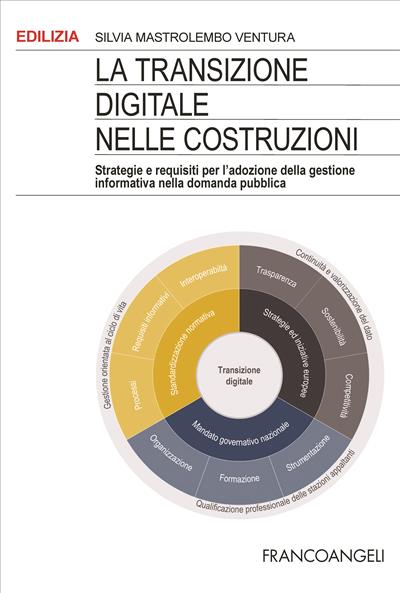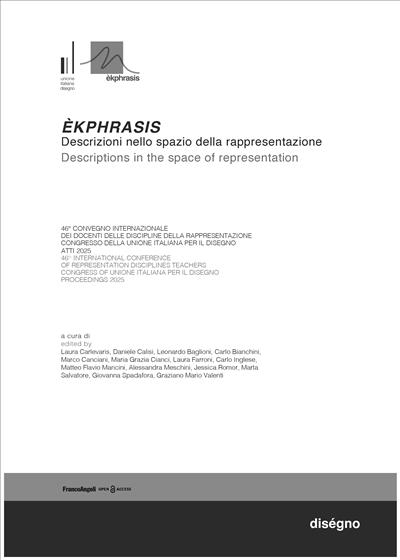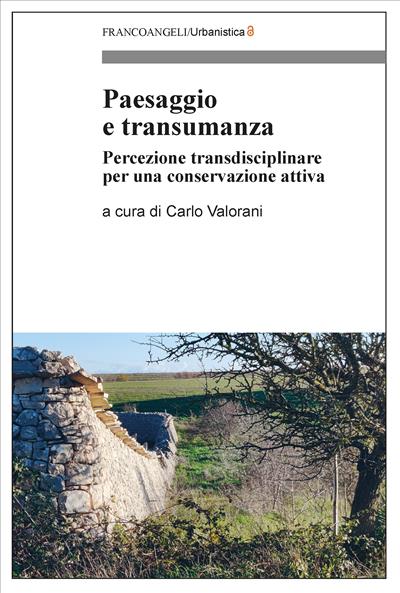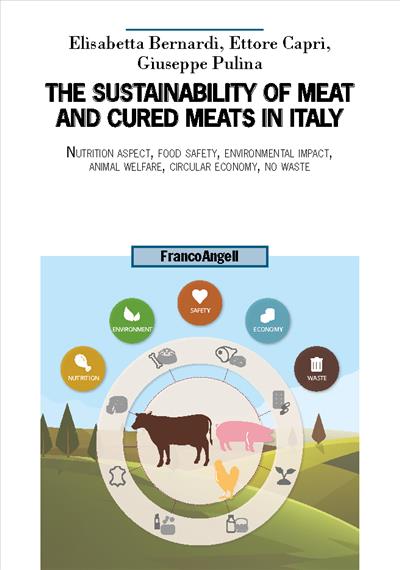
Elisabetta Bernardi, Ettore Capri, Giuseppe Pulina
The Sustainability of Meat and Cured Meats in Italy
Nutritional Aspect, Food Safety, Environmental Impact, Animal Welfare, Circular Economy, Fight Against Waste
From the mid-1980s, meat consumption in Italy and the western world have stabilised and, in the face of a well-established food security, we have witnessed a changed sensitivity for ethical issues, such as animal welfare and environmental impacts of farms. Analysing the sustainability of meat and cured meats means studying in the most objective way possible different topics concerning both the consumer and the livestock production. This volume presents an interdisciplinary study to describe the “5 faces” of meat sustainability: nutrition, environmental impacts and the circular economy applied to farms and industry, food security and animal welfare, the economic aspects of supply chains and the fight against food waste.
Pagine: 252
ISBN: 9788891793324
Edizione:1a edizione 2019
Codice editore: 11810.2.1
Informazioni sugli open access
